Worms are fascinating creatures. They play a big role in nature. One of the most interesting things about worms is how they reproduce. In this article, we will explore how worms reproduce. We will also look at their life cycle. Let’s dive in!
What Are Worms?
Worms are soft-bodied animals. They belong to the phylum Annelida. There are many kinds of worms. Some live in soil, while others live in water. Earthworms are the most common type. They help make soil healthy.
Types of Reproduction in Worms
Worms can reproduce in different ways. They mainly reproduce in two ways:
- Sexual reproduction
- Asexual reproduction
Sexual Reproduction
Most worms reproduce sexually. This means they need two worms to make baby worms. During sexual reproduction, worms exchange sperm. Let’s look at how this happens.
The Process of Sexual Reproduction
First, two worms come together. They align their bodies. Each worm has both male and female organs. This makes them hermaphrodites. It means they can produce eggs and sperm.
When worms meet, they exchange sperm. This happens during a special time. The sperm is stored in special sacs. After mating, each worm produces eggs.
Egg Cocoon Formation
Worms create a cocoon for their eggs. A cocoon is a protective shell. It helps keep the eggs safe. The cocoon is made from mucus. This mucus comes from the worm’s body.
After a few days, the eggs are laid inside the cocoon. The cocoon is then buried in the soil. This keeps the eggs safe from predators.
Hatching of Baby Worms
After a few weeks, baby worms hatch from the cocoon. They are very small and look like tiny worms. They do not need their parents. Baby worms can eat soil right away. They grow bigger as they eat more.
Asexual Reproduction
Some worms can reproduce asexually. This means they do not need another worm. They can make babies on their own. This method is less common.
Fission
Fission is a common way for worms to reproduce asexually. In fission, a worm splits into two parts. Each part grows into a new worm. This is like cutting a worm in half. Both halves can live on their own.
Regeneration
Worms have a special ability. They can regenerate lost body parts. If a worm loses part of its body, it can grow it back. This helps them survive.

Credit: www.naturewatch.ca
Why Is Reproduction Important?
Reproduction is very important for worms. It helps keep their population strong. More worms mean more healthy soil. Healthy soil is good for plants. Plants provide food for many animals.
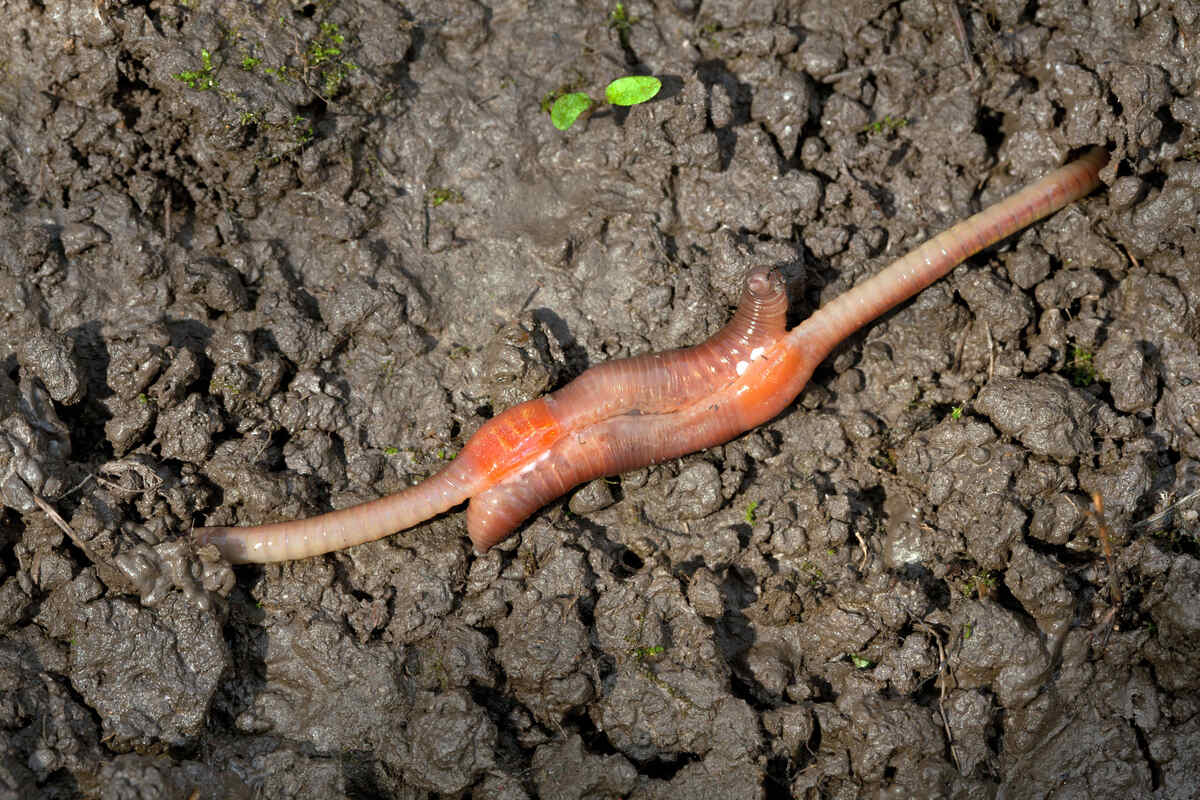
Credit: unclejimswormfarm.com
Life Cycle of a Worm
Worms have a simple life cycle. It includes three main stages:
- Egg
- Juvenile
- Adult
1. Egg Stage
The life cycle starts with eggs. Worms lay eggs in cocoons. The eggs stay safe in the soil.
2. Juvenile Stage
When the eggs hatch, they become juveniles. Juveniles are small and not fully grown. They eat and grow in the soil. This stage lasts for a few weeks.
3. Adult Stage
Eventually, juveniles become adults. Adult worms can reproduce. They continue the life cycle. This cycle keeps going on.
The Role of Worms in the Ecosystem
Worms are very important in nature. They help break down organic matter. This includes dead plants and animals. As they eat, they create rich soil. This is great for plants.
Worms also aerate the soil. They make tiny tunnels. This helps water and air reach plant roots. Healthy soil leads to healthy plants. This is good for the whole ecosystem.
Conclusion
Worm reproduction is fascinating. They can reproduce sexually and asexually. Most worms reproduce by exchanging sperm. They create cocoons to protect their eggs. Baby worms hatch and grow quickly.
Worms play a big role in nature. They help create healthy soil. This is good for plants and animals. Understanding how worms reproduce helps us appreciate their role in our world.
Next time you see a worm, remember how special they are. They may be small, but they are mighty. They help our environment every day!

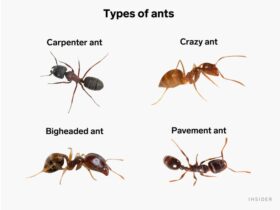



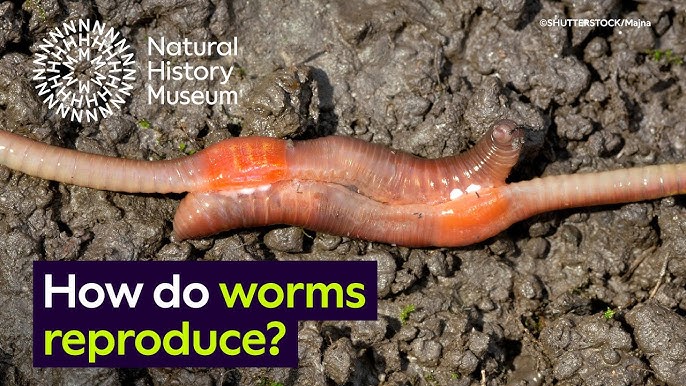



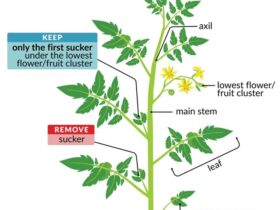
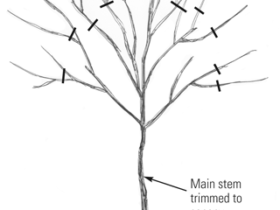

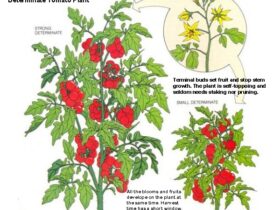
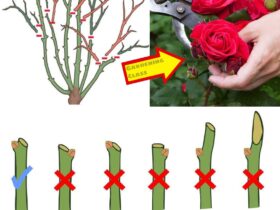
Leave a Review